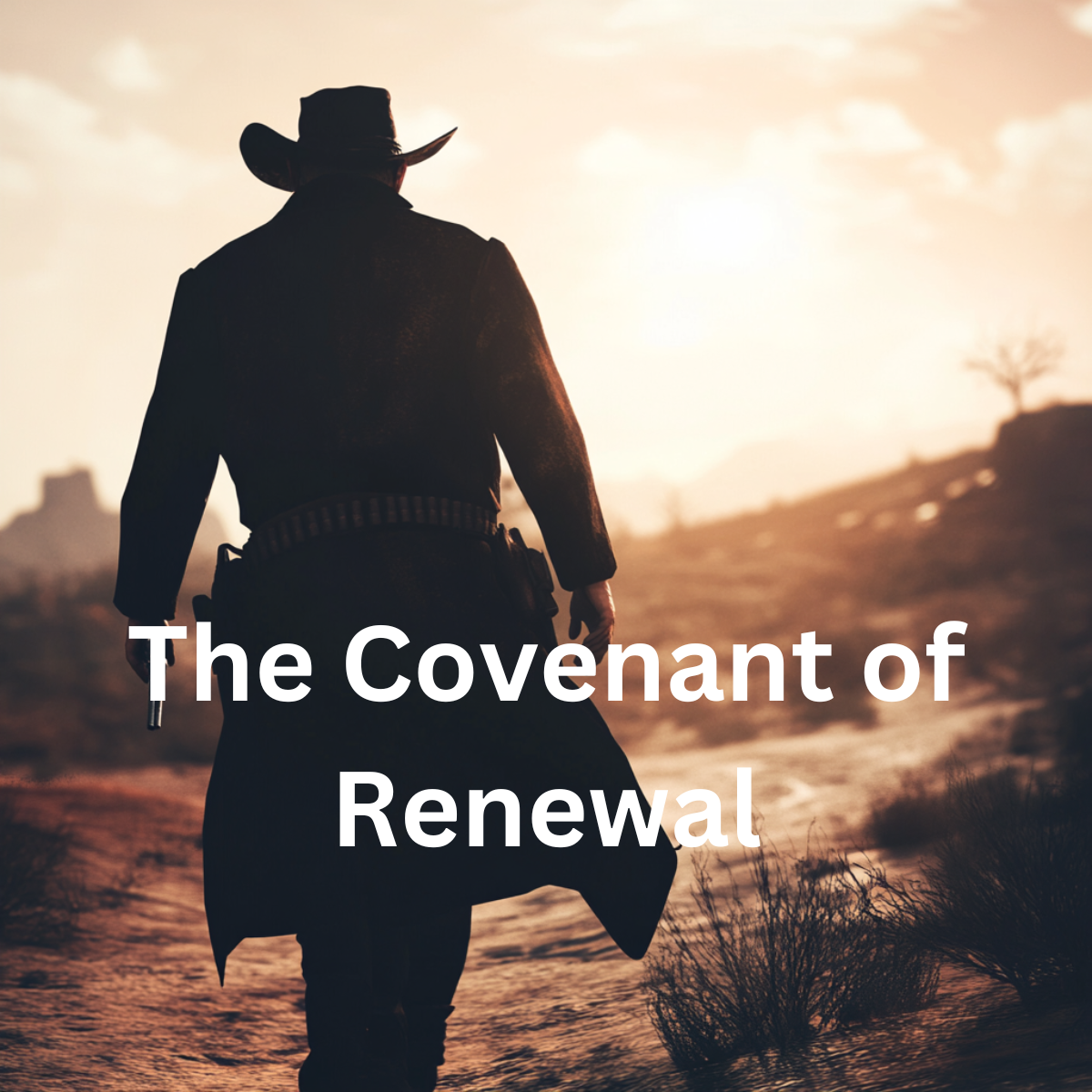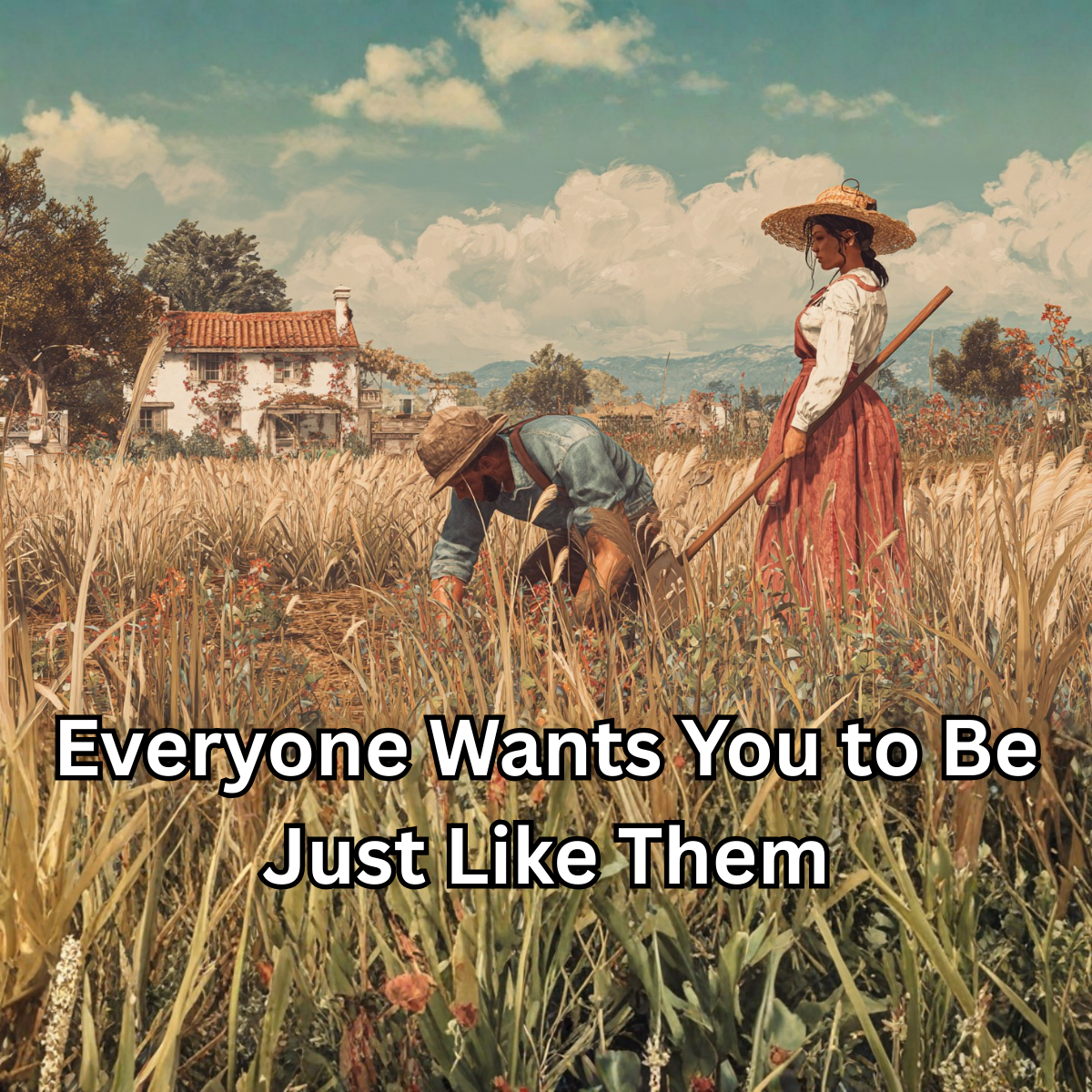Henry was a young boy when his life unraveled. His parents were taken from him too soon, leaving him to fend for himself in a world that seemed indifferent to his suffering. He found shelter in a boarding house, but without guidance, he drifted toward trouble. Arrested for petty crimes, he became a boy on the margins—one of those souls society often overlooks until it’s too late.
But was Henry truly wrong? Or was he simply a product of his circumstances? It’s a question worth pondering.
History remembers Henry by a different name—Billy the Kid. The infamous outlaw, known for his quick draw and rebellious spirit, became a symbol of the lawlessness of the American frontier. Whether his actions were justified is a matter of debate, but what is certain is that he did not die an old man. At just twenty-one, he was gunned down by Pat Garrett, a former friend turned lawman.
Garrett was tasked with ending the young outlaw’s life, and in 1973, a film was made that captured the weight of that burden: Pat Garrett & Billy the Kid. The film does not simply portray Garrett as a man on a righteous mission; instead, it reveals the moral struggle of hunting down and killing a man who was, in many ways, still just a boy.
The film’s music, composed by Bob Dylan, carries this weight. One scene, in particular, stands out—a gunfight in which Sheriff Baker, one of Garrett’s men, is mortally wounded. As he stumbles into the twilight, the haunting melody of Knockin’ on Heaven’s Door plays:
“Mama, take this badge off of me
I can’t use it anymore
It’s getting dark, too dark to see
I feel I’m knockin’ on heaven’s door.”
The song lingers, a lamentation of a life lived by the gun, ending in regret. It asks an unspoken question: Was it all worth it?
The weight of a life filled with violence, whether lived as the outlaw or the lawman, leads inevitably to a reckoning. A moment of realization when the weapons of past deeds feel too heavy to bear. There is something universal in that feeling—something ancient. It is the call to renewal.
Burying the Past to Begin Again
This theme—of laying down the weapons of our old life—echoes throughout history. In the Book of Genesis, Jacob’s family faced their own reckoning. His daughter’s love for a man outside their tribe led to tragedy when her brothers, in an act of vengeance, slaughtered an entire village. The weight of that act loomed over Jacob, threatening to destroy his people. His response? He commanded his household to bury their idols, their jewelry, and their tokens of past transgressions in the earth before journeying to Bethel.
The act was symbolic. By burying these objects, they left behind an old way of living and stepped into a new covenant, one of renewal and purpose.
We are drawn to this idea because it speaks to something deep within us. We all long for the chance to put down our burdens, to bury our mistakes in the ground, and to step forward renewed. This is why Dylan’s song strikes such a powerful chord. It reminds us that there comes a time when we must put our guns in the ground—not just literal weapons, but the tools of our past transgressions: our pride, our greed, our selfish pursuits.
The Time for the Sword is Past
Even in the life of Christ, this theme emerges. On the night of His betrayal, when Peter raised his sword in defense, Jesus rebuked him. Put away your sword, He said. His time had come—the time not for violence, but for renewal.
It is difficult to say who was right—Billy the Kid, the boy trying to survive, or Pat Garrett, the man who believed it was his duty to end him. History debates the morality of such things. But what is certain is that we all face a moment like Sheriff Baker in Pat Garrett & Billy the Kid. A moment when we must ask ourselves: What has all this fighting been for?
The covenant of renewal is always available to us. We all have the chance, at any time, to lay our weapons down, to bury the remnants of our past, and to walk forward into something better.
The only question is—will we?




